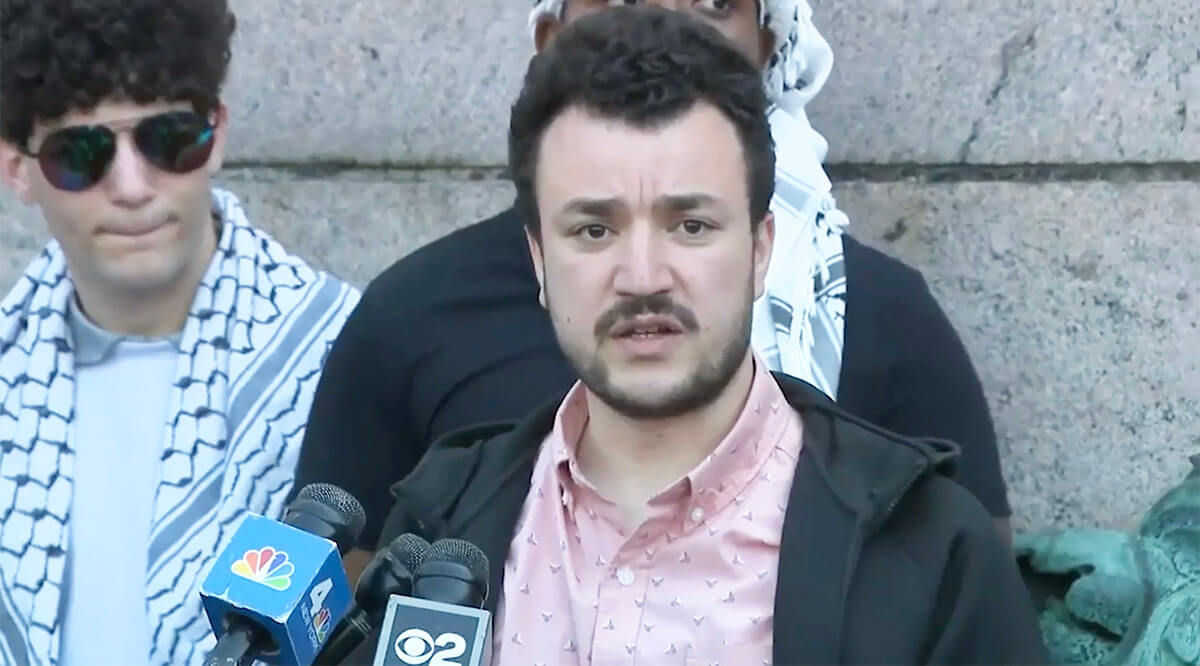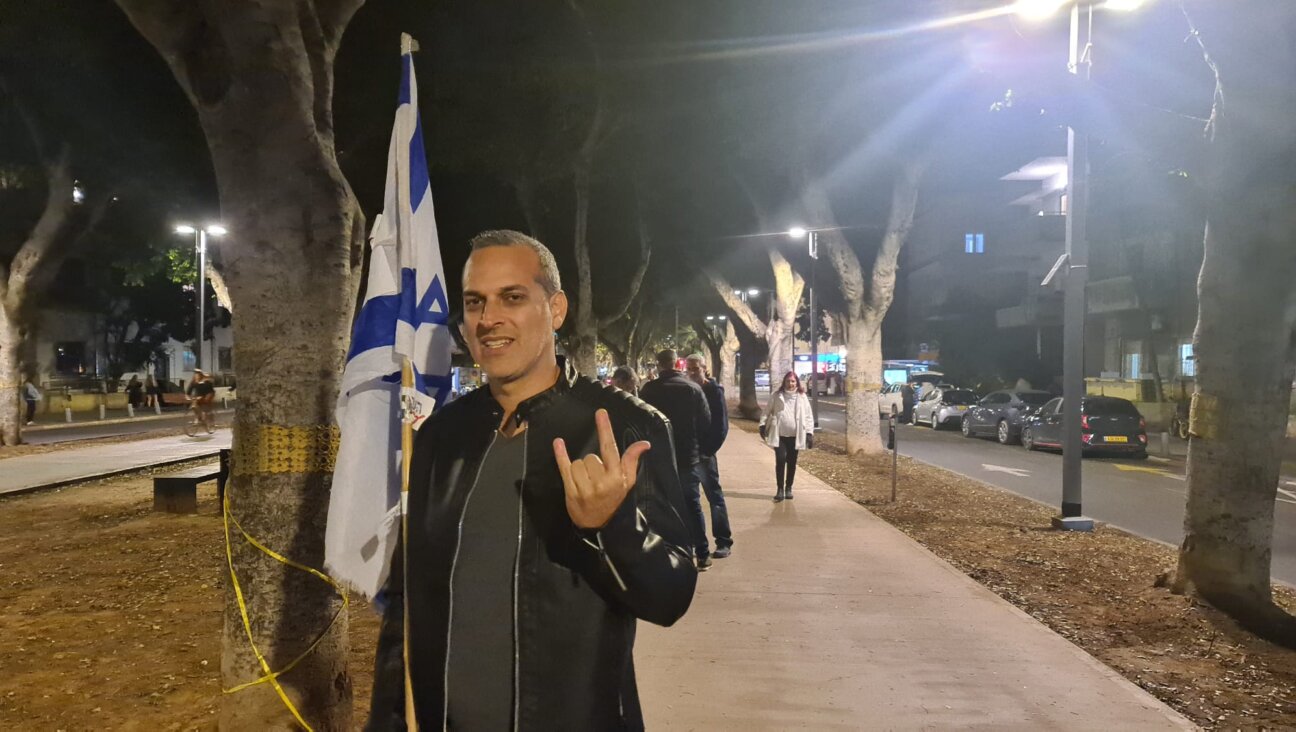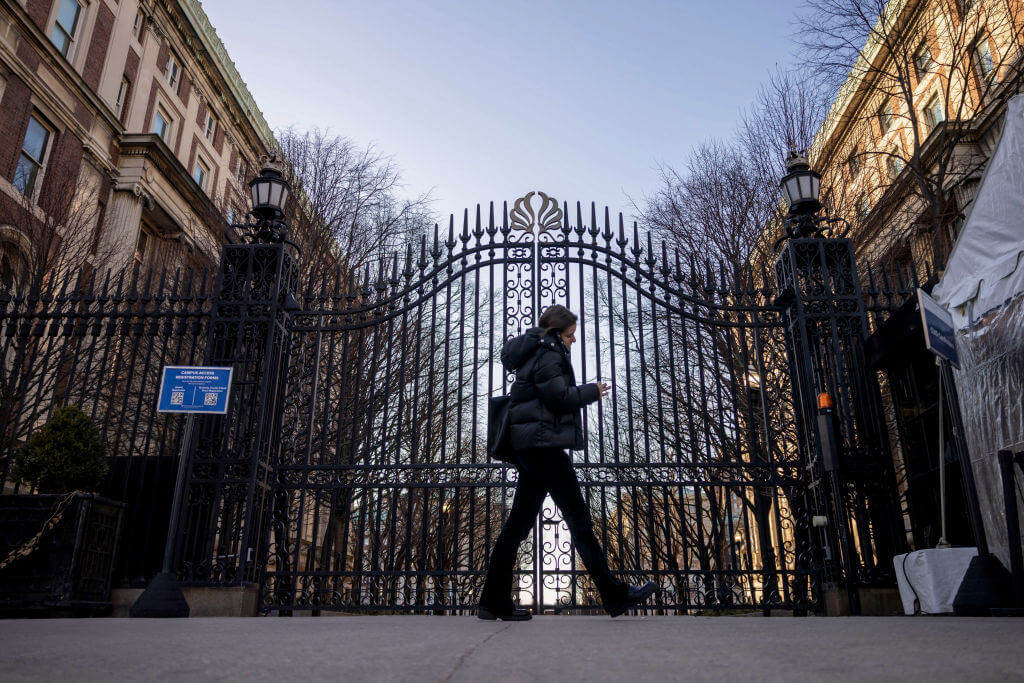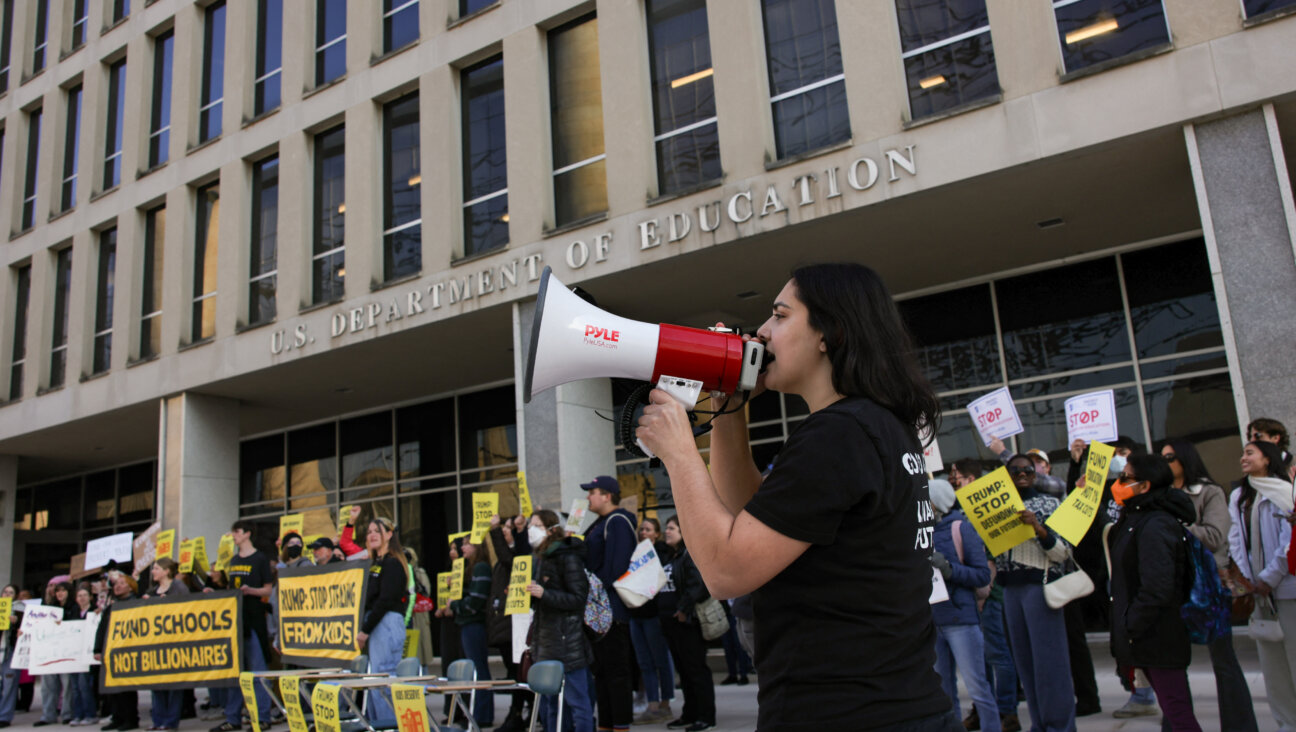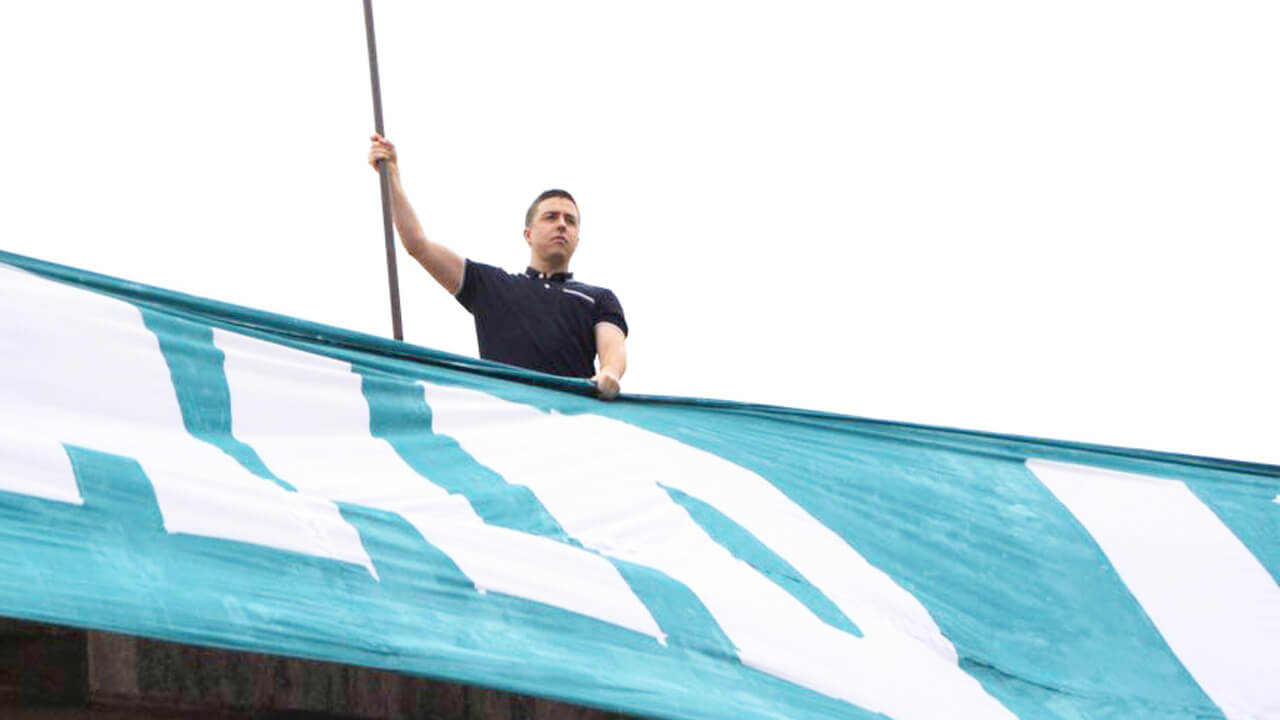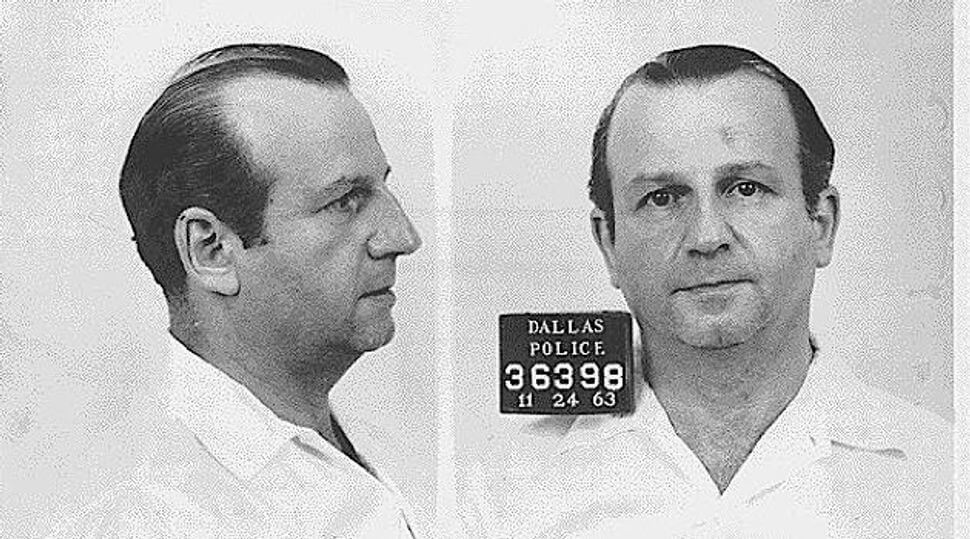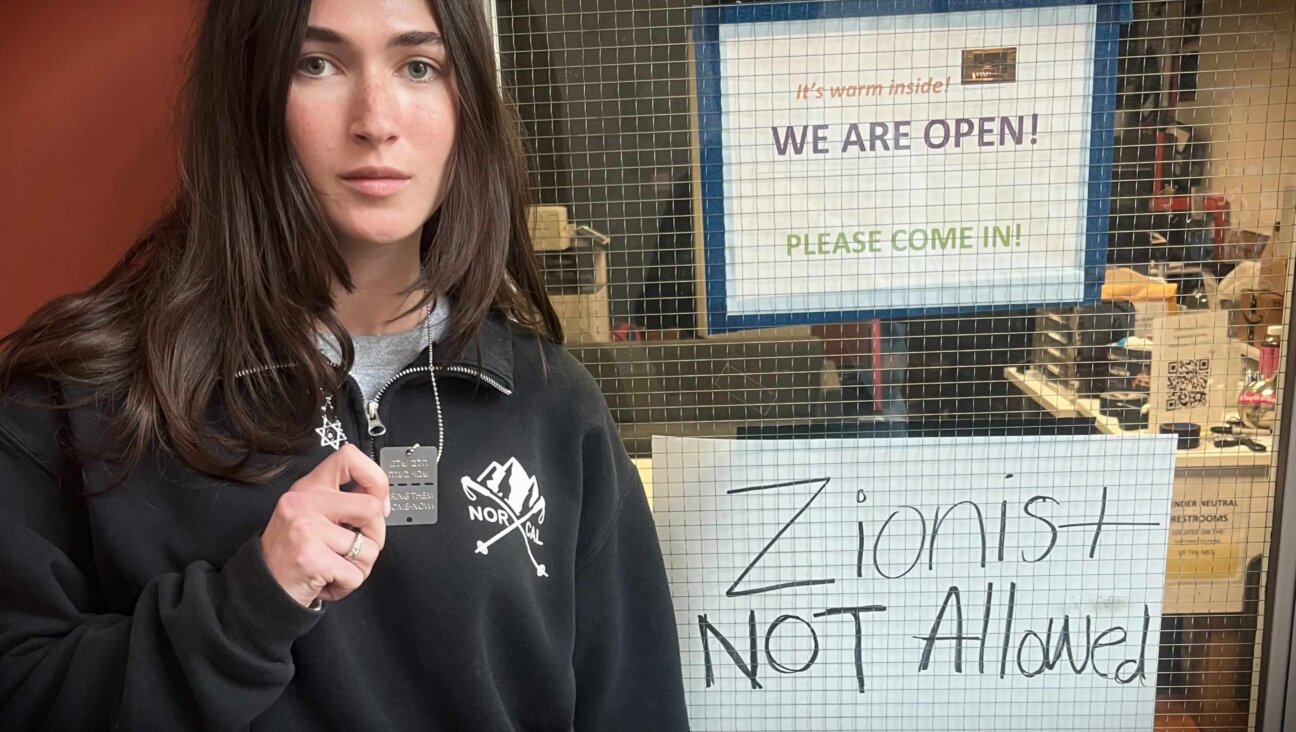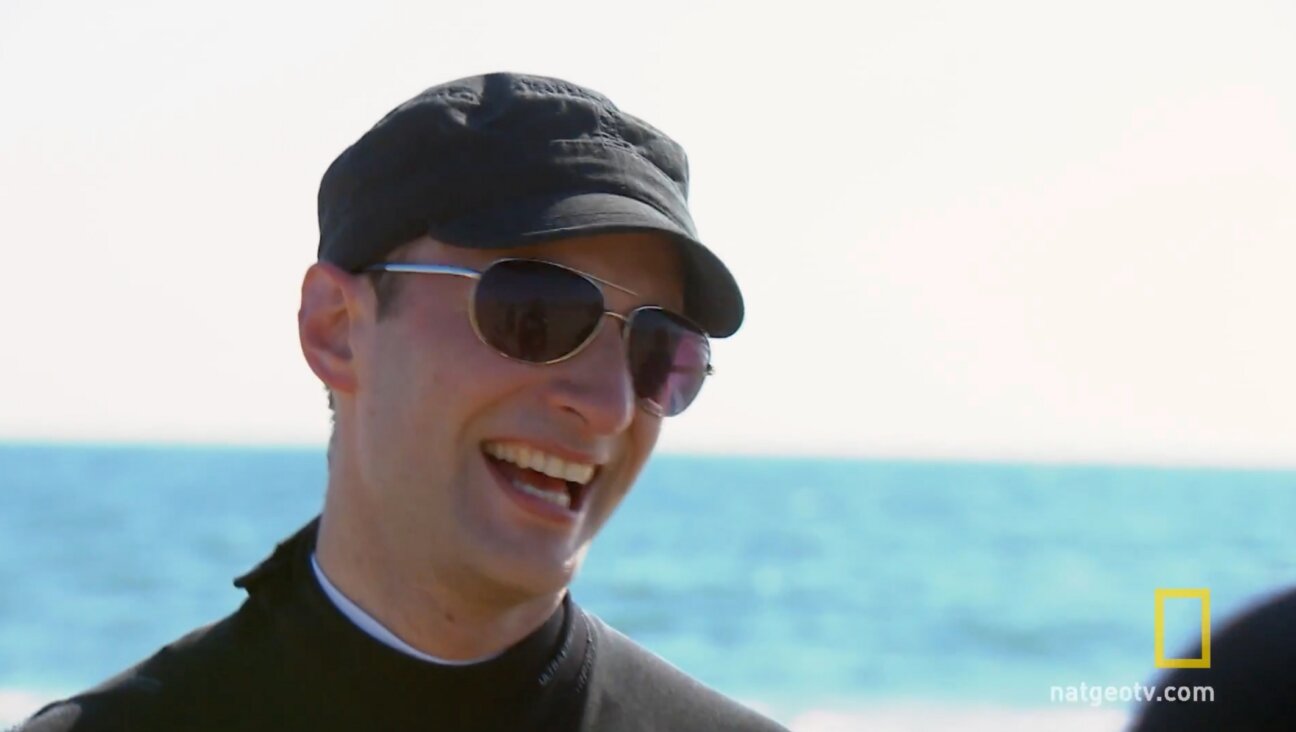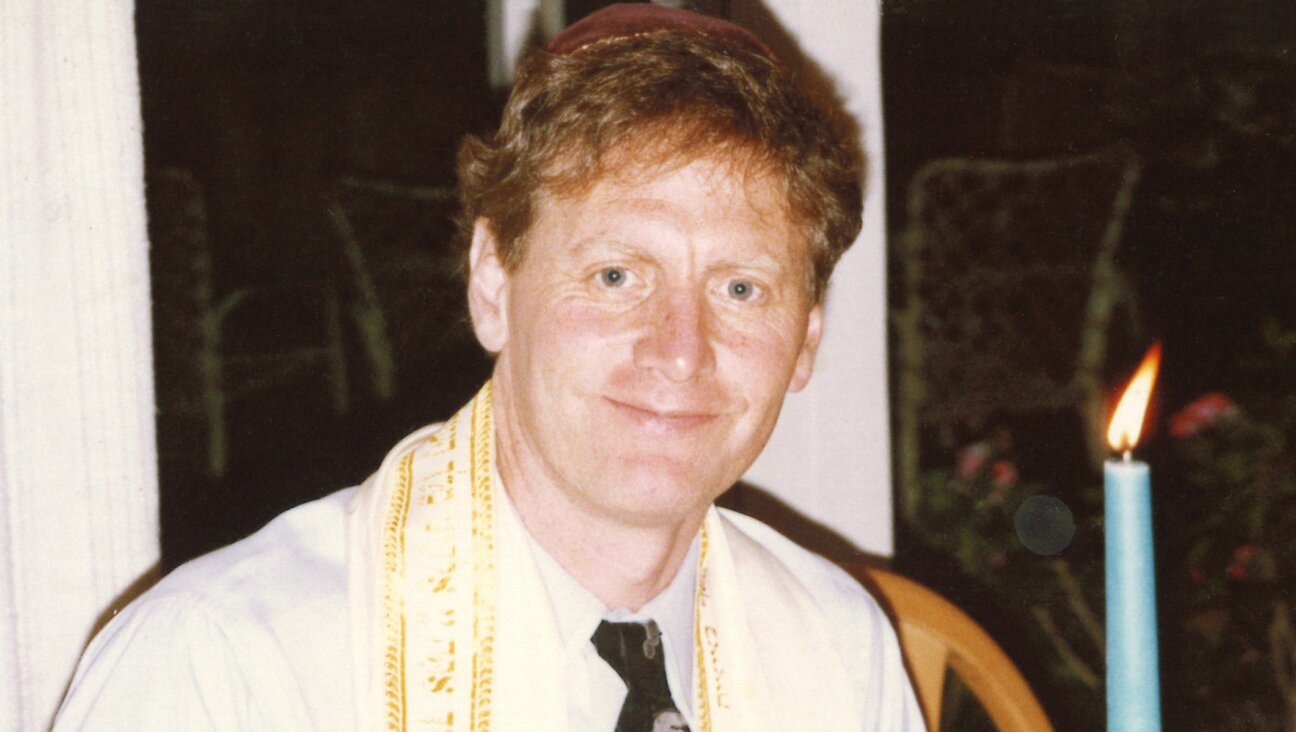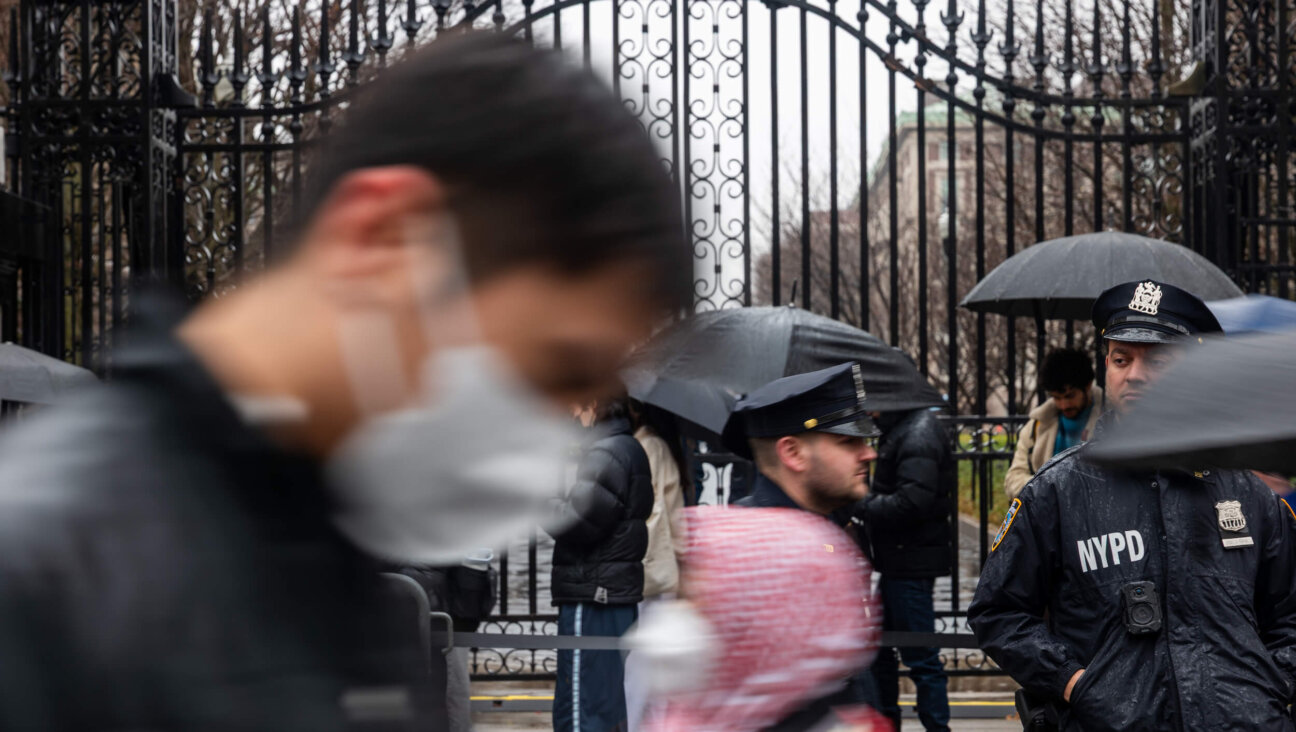Young Muscovites Find Community in High-Speed Scavenger Hunts
Moscow – One recent Saturday night, about 50 people in a dozen cars gathered in the parking lot of a furniture warehouse in southeast Moscow for an event that could be described only as a combination of “Jeopardy!” “The Fast and the Furious” — and Talmud class.
At exactly midnight, the crews that make up what is known as the Street Kings Project received a typewritten “legend” with puzzles they needed to decipher in order to find the encrypted locations of their assignments. Officially, participants need only three things for the night’s activity: a pen, a map of Moscow and a working speedometer in their cars so that drivers are able to stay within the legal speed limit of 60 kilometers per hour. But seated in the back of a car whose speedometer reads closer to 100 kilometers per hour, one quickly realizes that other tools are more necessary: calculators, flashlights, cellular phones, at least one friend awake at home and on the Internet — and, for this club, working knowledge of Jewish tradition and history.
“The puzzles can be solved by any Orthodox Jew,” joked a commenter in an online racing forum, “or a person who just happens to have read the whole Torah right before the start of the game.”
The Street Kings Project, an auto-orienteering club that has been organizing races since the summer of 2006, is an eclectic mix of young Muscovites — men and women in their 20s and 30s, many of whom have known each other for years via Jewish camps and youth programs. The programs, which initially arrived in Russia in the 1990s, were designed to aid a generation of young Jews first discovering Judaism in the wake of an ideological vacuum left behind by communism. While the initial efforts were largely focused on helping them make aliyah, now, with almost no Russian Jews immigrating to Israel, another challenge has emerged: How can Russian Jews, now accustomed to taking advantage of programs created and funded by Jews abroad, create something for themselves? For the members of the Street Kings Project, auto-orienteering may offer a window into just how some of this country’s youth are taking ownership of Jewish life in Russia and keeping it vibrant.
On the evening I was invited to join them, I tagged along with a crew of three women — two Katyas and a Natasha — all of whom belied the notion of women as unaggressive drivers. Their team was one of the evening’s high scorers, coming in third in a recent race against teams with such names as “Blue Star,” “Tzivik” and “SEKS,” an acronym for the “Co-Union of Jews of the Far North.” The theme of that week’s game was “Angels,” and our first assignment took us to a highway rest-stop across from a billboard with one of Raphael’s famously portly cherubs, where the organizers had set up a checkpoint and asked us Labyrinth-like questions, such as how many angels — according to talmudic legend — are welcomed into the home on the Sabbath (two) and what are their colors (black and white). In return for correct answers, we were given an encryption key to be used to decipher a message of graffiti, which we read using a flashlight in an alley near an abandoned industrial complex.
In the Street Kings Project’s more than 20 races, its themes typically have been related in some way to famous Jewish figures or to the history of Jews in Moscow. One of the club’s first races, called “On the Road to Riches,” covered places related to the life of famous Moscow banker Lazar Polikov (1842-1914).The banker widely believed to be the inspiration for Bolgarinov, a character in Tolstoy’s “Anna Karenina” to whom Anna’s brother Oblonsky, an impoverished aristocrat, must go for help after selling off most of his estate. In following the course of Polikov’s life, the crews started off in the neighborhood of Palati Zaryadya, the site of Moscow’s first Jewish settlement, and finished with the Bank of Polikov in the fashionable old district of Kuznetsky Most. Somewhere in between, they had to stop off at the synagogue on Bronnaya Street and count the number of Stars of David on the Iron Gates, whose interwoven Magen David design made the task nearly impossible.
In another race, called “On the Way to Jerusalem,” players had to look for a “moon” near the Israeli embassy — an assignment that proved dangerous when the embassy’s night guards, suspicious of strangers slinking around the building at 2 a.m., ended up chasing down and apprehending one of the race’s participants. “The Moon” in question turned out to be the name of the nearby theater.
Among the crews who have been racing with the Street Kings since the club’s beginnings are a few couples. One team with a rather poetic name of “Laughter Through Tears” was composed of married couple Dani and Irina, Dani’s brother Sasha and the couple’s friends. Dani and Irina had met as Madrichim at a summer camp that they’d attended themselves as teenagers when Jewish programs for youth were started in Russia by the American Jewish Joint Distribution Committee, the Jewish Agency for Israel, Chabad Lubavitch and Hillel International. Now parents, Dani and Irina leave their 4-year-old daughter with Irina’s father on the nights they go racing.
Natasha, the leader of my team, guessed that around two-thirds of Street Kings participants are Jewish, though she and the two Katyas are not. The club’s organizers were Katya’s friends from high school, and she’d gotten her girlfriends from work to form a team. They have since become obsessed with the tournaments, drinking Red Bulls to be able to stay up all night. I noticed a wedding ring on Natasha’s hand as she turned the wheel, and asked if her husband ever joined them: “God, no. He thinks we’re nuts.”
A message from our Publisher & CEO Rachel Fishman Feddersen

I hope you appreciated this article. Before you go, I’d like to ask you to please support the Forward.
At a time when other newsrooms are closing or cutting back, the Forward has removed its paywall and invested additional resources to report on the ground from Israel and around the U.S. on the impact of the war, rising antisemitism and polarized discourse.
Readers like you make it all possible. We’ve started our Passover Fundraising Drive, and we need 1,800 readers like you to step up to support the Forward by April 21. Members of the Forward board are even matching the first 1,000 gifts, up to $70,000.
This is a great time to support independent Jewish journalism, because every dollar goes twice as far.
— Rachel Fishman Feddersen, Publisher and CEO







